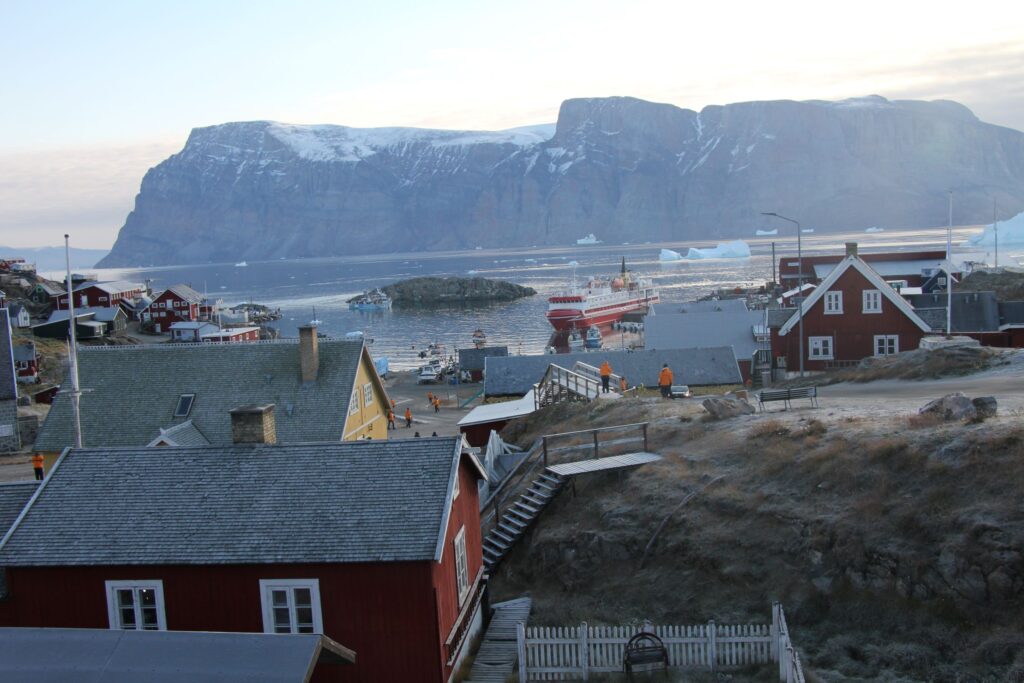GETTING ALONG WITH(OUT) TRUMP
It seems to be a given in Donald Trump’s world that no matter how false or farcical his pronouncements, the rest of the world is expected to trepidatiously parse them, but the U.S. doesn’t have to worry about the rest of the world. Sorry, not quite.
Workable international relations are a give and take. America’s closest allies and long-standing friends have agendas, pride, resilience and spines. Their economies are no more hostage to the U.S. than it is to theirs.
Despite being the world’s largest buyer, the U.S, “accounts today for only about 13 percent of global imports, down from more than one-fifth in the early 1990s”
.In a rational political atmosphere, those are all reasons not to keep putting allies and trading partners in positions where they have to second-guess, or struggle to make sense of policies based on a scattershot attention span and a bully persona.
History has shown that it’s the threatened. not the threat-issuer, who tend to have the most friends willing to stand by them, the two world wars being striking examples,
That was summed up by Harry S. Truman, whom I feel safe in saying was the kind of U.S. president much of the world would prefer to the one about to be: “We seek a more peaceful world, a prosperous world, a world of good neighbours, living on terms of equaity and mutual respect…”
Rather than being a strong, predictably reliable friend, Trump’s America seems fearful, disjointed, politically dysfunctional and hell-bent on plowing ever deeper into debt and social discord.
To put it in terms of the 19th century, President-elect Trump’s foreign policies (if that’s not over-stating the state of affairs) rely on the misconception that other nations will cheerfully hitch their horses to a wagon with rickety wheels, to head out on a trail filled with challenges and dangers, both obvious and unknown.
WHO NEEDS WHOM
The Prussian leader Otto on Bismark called Americans “lucky people”: “They’re bordered to the north and south by weak neighbours, and to the east and west by fish.”
NORAD, the combined American and Canadian defensive effort, is considered a military model for an interoperable, joint military early-warning system, and a cornerstone of American air and missile defense. So in one case at least, “weak” is no longer applicable.
Nor, as previously noted, are Canadians interested in trading an offer of no tariffs to become part of a rich people-centric system run by the town fool. As with beer, we prefer our own versions.
If ownership of Greenland is now so important for American security that employing military force against a fellow member of NATO, which is based on the principle of collective defence — an attack on one is an attack on all — it may be time to re-work the “home of the brave” line in the U.S, anthem.
COLONIALISM VS ALLIANCES
Threatening to use economic and military force to acquire territory, and unilaterally renaming a major international body of water in one’s own honour is colonialist expansion by any definition.
But the college campuses where the vociferous “woke”, self-proclaimed liberals and progressives beat their breasts and shout themselves hoarse over the numerous sins of historic colonialism, are strangely quiet on the issue.
Is it a case of ignoring what you don’t want to see, or not being educated broadly enough to see it?
Either way, if the U.S government and governed are perceived as wallowing in self-absorption and hypocrisy, it’s likely to make those targeted for “absorption” more wary than willing.
By way of contrast to the bombast, hubris and disregard for friends and allies that has so far characterised Donald Trump’s idea of international relations, the late President Ronald Reagan summed his version up with a quote from the leader history tends to anoint as instrumental in saving England and Europe from being over-run by the might of Nazi Germany.
In 1939, Sir Winston Churchill said the 5,000 mile long Canadian‑U.S. border , “guarded only by neighbourly respect and honourable obligations, is an example to every country and a pattern for the future of the world,:”

On a more jocular level ( and how else can you treat Trump and stay sane for the next four years?), a blizzard in parts of the U.S. where such events are rare, dominated the news cycle as a practically apHaving thrived above the Arctic Circle by choice for millennia, that alone seems likely to disincline Greenland’s 57,000 citizens from even considering Americans as the kind of people capable of telling them how to live.
Or, as songstress Theresa Brewer chirped in a 1960s hit:
“Got along without ya before I met ya
Gonna get along without ya now…”
A sentiment with which much of the rest of the world may well adapt at one level or another for the next four years.
Comments are welcomed. Click CONTACT on the site header.
To receive e‑mail alerts to new posts, Click SIGN-UP on the header.